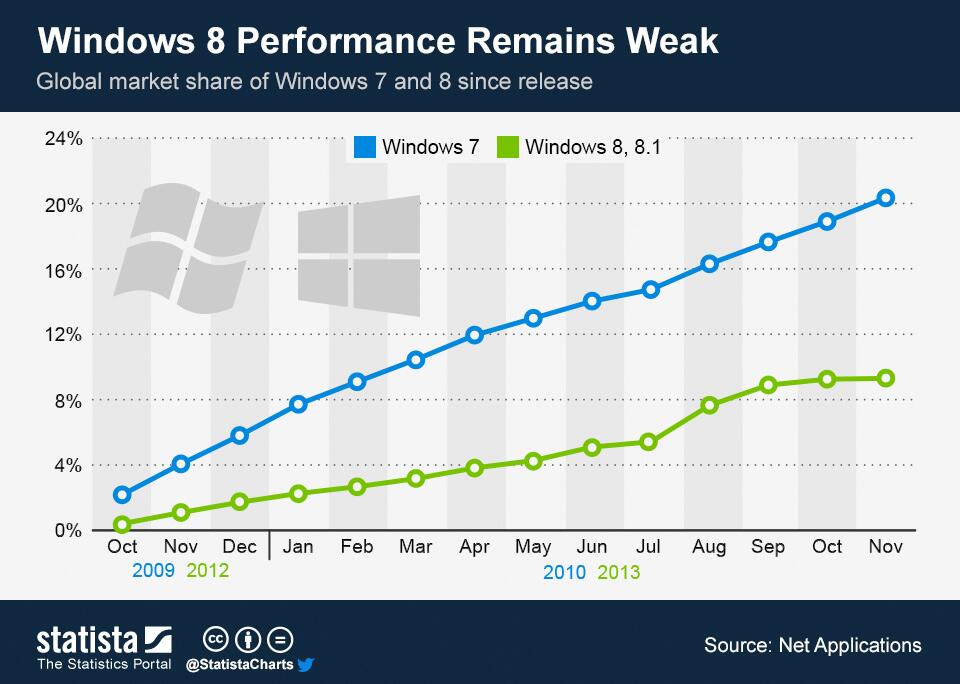AI Development: Mideast's Diminishing Role Compared To US And China

Table of Contents
Funding and Investment Gaps in Mideastern AI Development
The stark reality is that the Middle East significantly trails the US and China in terms of AI development funding. While precise figures vary, the investment gap is enormous. Silicon Valley and Chinese tech hubs receive billions in venture capital annually for AI-related startups, a figure dwarfed by the comparatively meager investments in the Middle East. Attracting foreign investment proves challenging due to factors such as perceived political instability in certain regions, regulatory hurdles, and a smaller pool of established AI companies.
Government initiatives aimed at boosting AI development exist, but their effectiveness remains questionable. Many are nascent and lack the scale and long-term commitment seen in national AI strategies in the US and China.
- Lower venture capital funding: Middle Eastern startups struggle to secure the substantial funding required for AI research and scaling.
- Lack of large-scale government-funded AI research projects: Compared to massive government-backed projects in other regions, Middle Eastern initiatives are often smaller in scope and impact.
- Limited access to global AI talent pools: Attracting and retaining top international AI experts is hampered by less competitive salaries and fewer research opportunities.
Infrastructure and Technological Limitations
Advanced AI development requires robust technological infrastructure. While certain Middle Eastern countries possess relatively advanced infrastructure in major cities, a significant digital divide persists. Uneven access to high-speed internet and computing resources hinders widespread AI adoption and research. The lack of sophisticated data centers and cloud computing capabilities further exacerbates this issue. Data privacy and security concerns also limit the availability of crucial data for training AI algorithms.
- Limited access to high-performance computing resources: The computational power required for training complex AI models is often unavailable or prohibitively expensive.
- Data privacy and security concerns hindering data availability for AI training: Strict regulations and concerns about data breaches limit the access to the large datasets needed for effective AI model training.
- Lack of robust digital infrastructure in certain regions: Significant disparities exist in internet access and digital literacy across the Middle East.
Talent Acquisition and Skill Gaps
The Middle East faces a critical shortage of skilled AI professionals. The number of AI researchers, engineers, and data scientists pales in comparison to the talent pools in the US and China. This shortage stems partly from a lack of robust STEM education at all levels. Furthermore, a significant "brain drain" sees skilled workers emigrating to countries offering better opportunities and higher salaries.
- Shortage of AI researchers, engineers, and data scientists: The region needs to cultivate a larger pool of local experts and attract international talent.
- Need for stronger STEM education at all levels: Investment in education is crucial to fostering a pipeline of future AI professionals.
- Attracting and retaining top AI talent through competitive salaries and opportunities: Creating an attractive environment for AI professionals is essential.
Opportunities for Growth in Mideastern AI Development
Despite the challenges, the Middle East possesses unique strengths and opportunities for growth in AI development. The region can leverage AI to address pressing regional challenges, such as water scarcity, energy efficiency, and sustainable agriculture. Developing AI solutions tailored to the specific needs of the region presents a significant opportunity. Strategic partnerships with international AI research institutions can also accelerate progress.
- Potential for AI in solving regional challenges like water scarcity and energy efficiency: AI can optimize water management and improve energy production.
- Opportunities in developing AI solutions tailored to the specific needs of the region: This can create a unique niche for Middle Eastern AI companies.
- Strategic partnerships with international AI research institutions: Collaboration can accelerate technology transfer and expertise development.
Re-establishing the Middle East's Role in AI Development
In conclusion, the Middle East faces significant challenges in AI development, including substantial funding gaps, infrastructural limitations, and a shortage of skilled professionals. These challenges, if left unaddressed, risk further marginalizing the region in the global AI landscape. However, by focusing on targeted investments, strategic partnerships, and a commitment to fostering local talent, the Middle East can unlock its immense potential in AI. Learn more about the opportunities and challenges in AI development in the Middle East and advocate for increased investment and support. Let's work together to bridge the gap and ensure the Middle East takes its rightful place as a significant contributor to global AI development.

Featured Posts
-
 Ps 5 Pro Sales Are They Underperforming Compared To The Ps 4 Pro
May 07, 2025
Ps 5 Pro Sales Are They Underperforming Compared To The Ps 4 Pro
May 07, 2025 -
 Steelers Resist Pressure Wide Receiver Remains Untraded After Nfl Draft
May 07, 2025
Steelers Resist Pressure Wide Receiver Remains Untraded After Nfl Draft
May 07, 2025 -
 Descubra 8 Filmes Incriveis Com Isabela Merced A Dina De The Last Of Us
May 07, 2025
Descubra 8 Filmes Incriveis Com Isabela Merced A Dina De The Last Of Us
May 07, 2025 -
 50 000 Fine For Anthony Edwards Nba Addresses Players Vulgar Remarks
May 07, 2025
50 000 Fine For Anthony Edwards Nba Addresses Players Vulgar Remarks
May 07, 2025 -
 Golden State Warriors Coach Steve Kerr On Stephen Currys Return From Injury
May 07, 2025
Golden State Warriors Coach Steve Kerr On Stephen Currys Return From Injury
May 07, 2025
Latest Posts
-
 New Superman Footage Extended Look At Krypto The Superdog At Cinema Con
May 08, 2025
New Superman Footage Extended Look At Krypto The Superdog At Cinema Con
May 08, 2025 -
 I Just Watched The New Superman Footage Krypto Steals The Show But This Other Moment Is Huge
May 08, 2025
I Just Watched The New Superman Footage Krypto Steals The Show But This Other Moment Is Huge
May 08, 2025 -
 Superman Cinema Con Footage Krypto The Superdog Steals The Show
May 08, 2025
Superman Cinema Con Footage Krypto The Superdog Steals The Show
May 08, 2025 -
 Supermans Struggle Sneak Peek Highlights Kryptos Aggression
May 08, 2025
Supermans Struggle Sneak Peek Highlights Kryptos Aggression
May 08, 2025 -
 Kryptos Betrayal Superman Sneak Peek Offers A Glimpse
May 08, 2025
Kryptos Betrayal Superman Sneak Peek Offers A Glimpse
May 08, 2025
